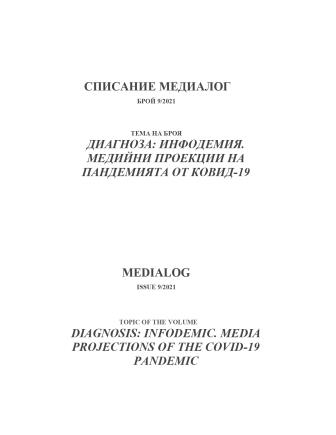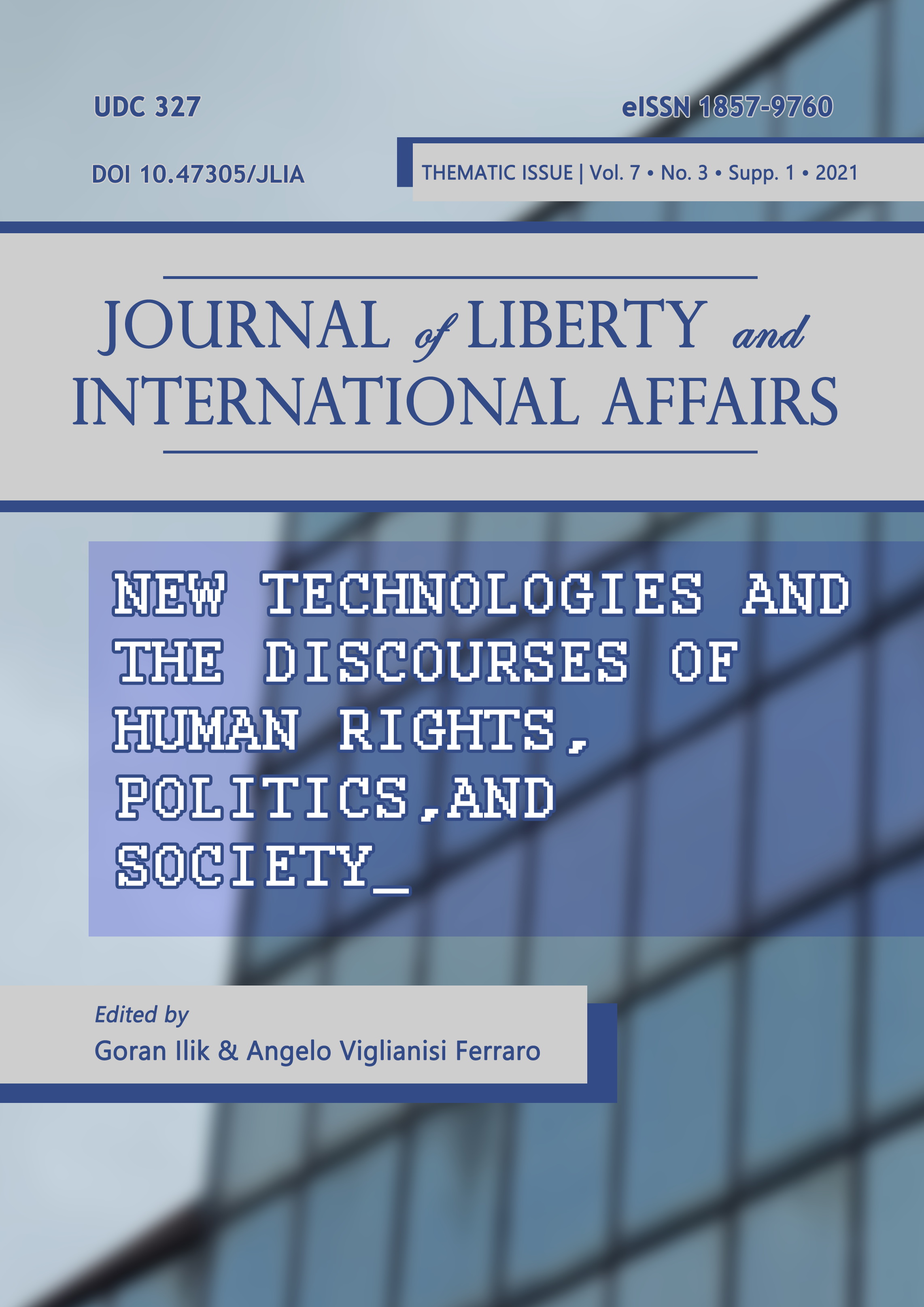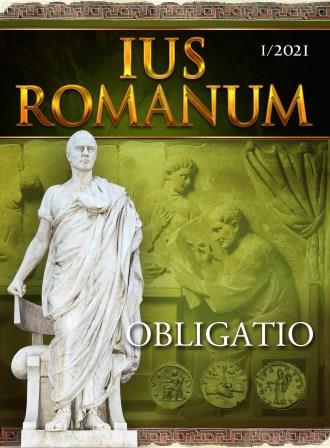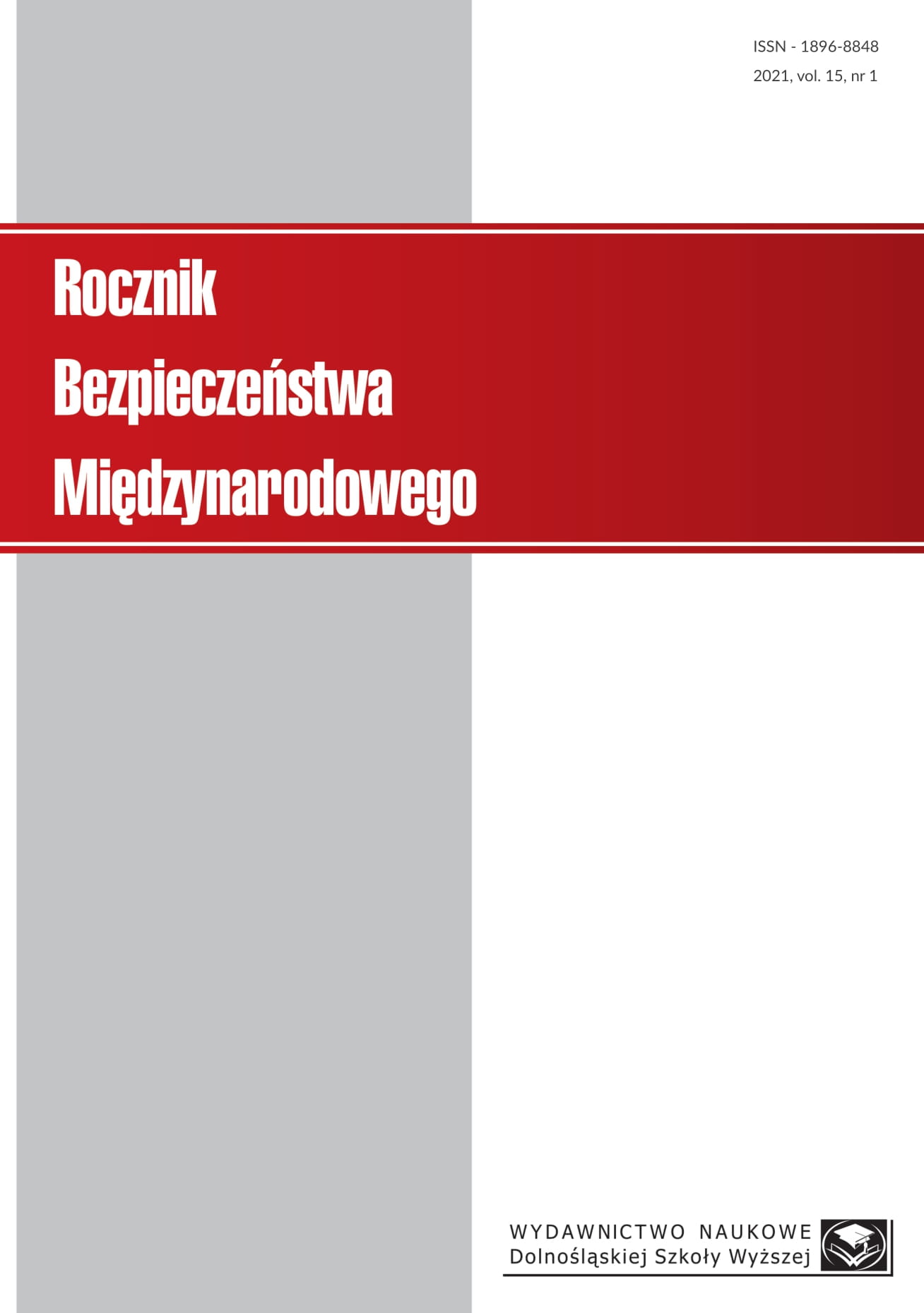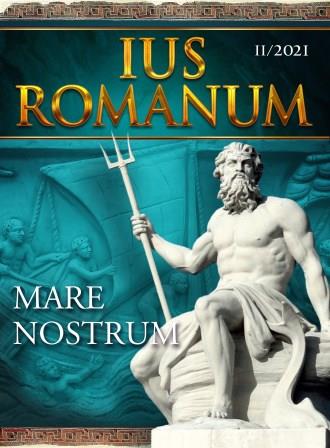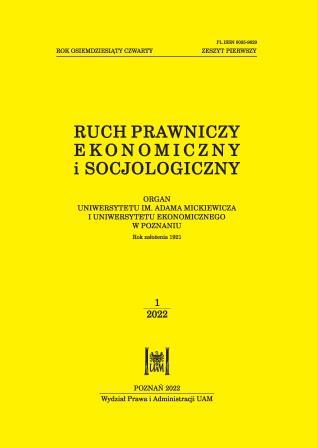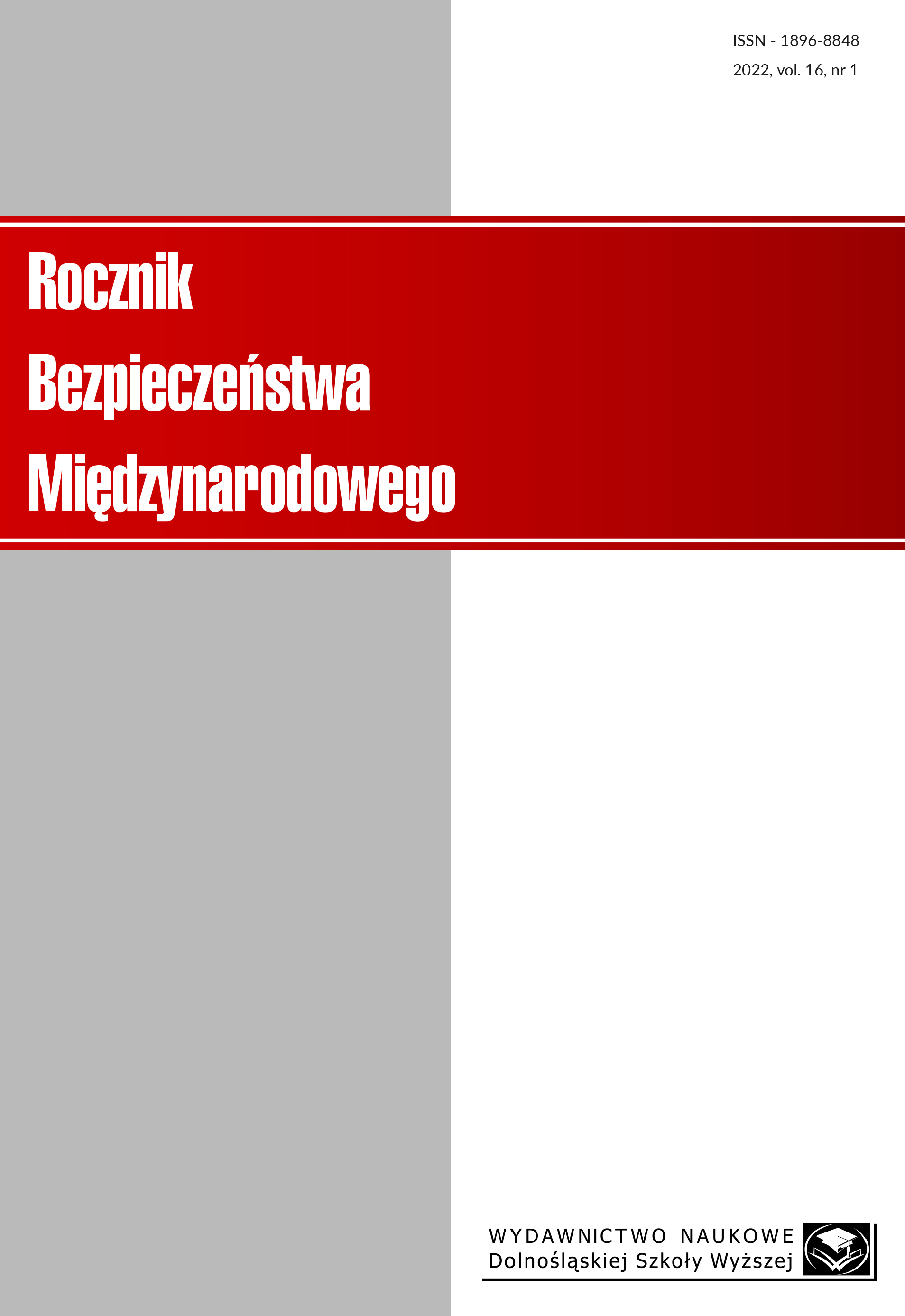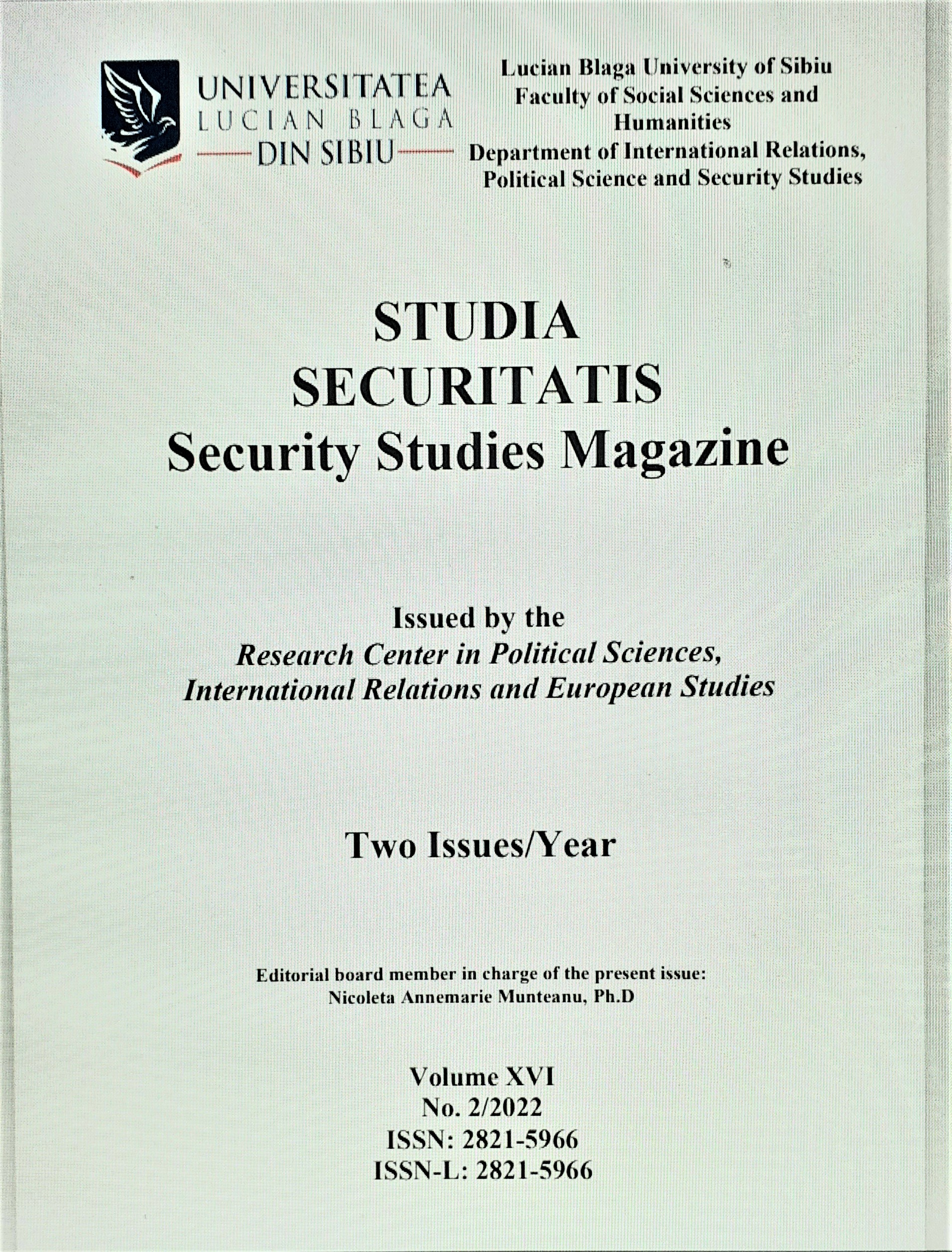
EGYPT-TURKEY RELATIONS TOWARDS LIBYA: POLITICAL AND ECONOMIC DIMENSIONS
Egypt and Turkey makeup about half of the whole population of the Middle East and are the two leading nations in the eastern Mediterranean, including Iran as a whole. Both countries are now recognized as the two most tremendous modern military forces in the Middle East. Besides, Cairo and Ankara are major Muslim centers: the Al-Azhar Mosque in Egypt is the largest Islamic University in the world and a significant feature of Egyptian soft power; the historical association between Turkey and the last Islamic Caliphate is viewed in the region with great nostalgia. Given these similarities, a deep rivalry between the two countries exists around the world, while Ankara and Cairo have increasingly prevented overt aggression or conflicts. After the Arab Spring, tensions have intensified and, in effect, impacts Libya, Sudan, and the Eastern Mediterranean region. Along with the increased risk of an overt war between the two nations, the rivalry between Turkey and Egypt also challenges the delicate security of the Middle East. It indicates that it needs an international mediator to answer this thorny problem.
More...
